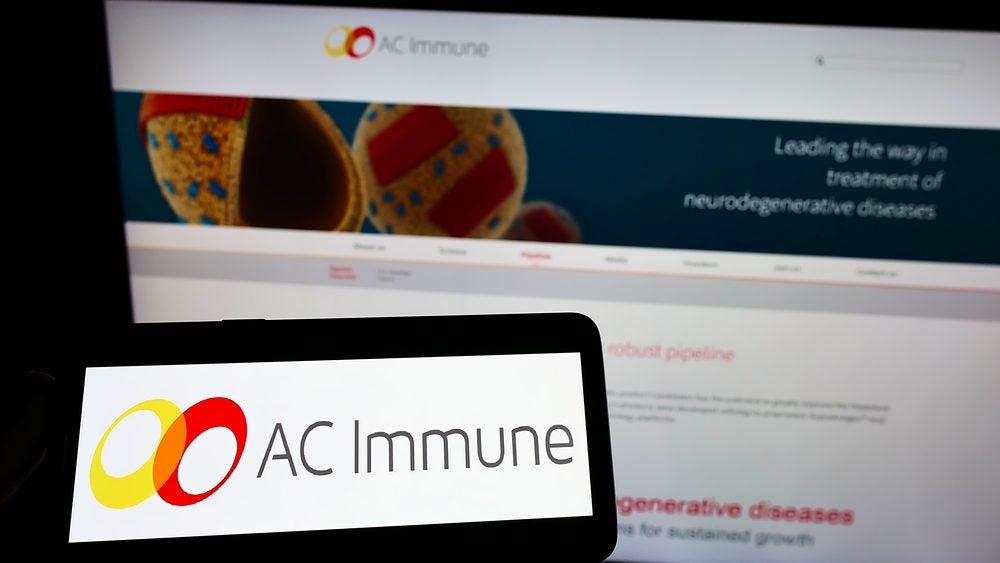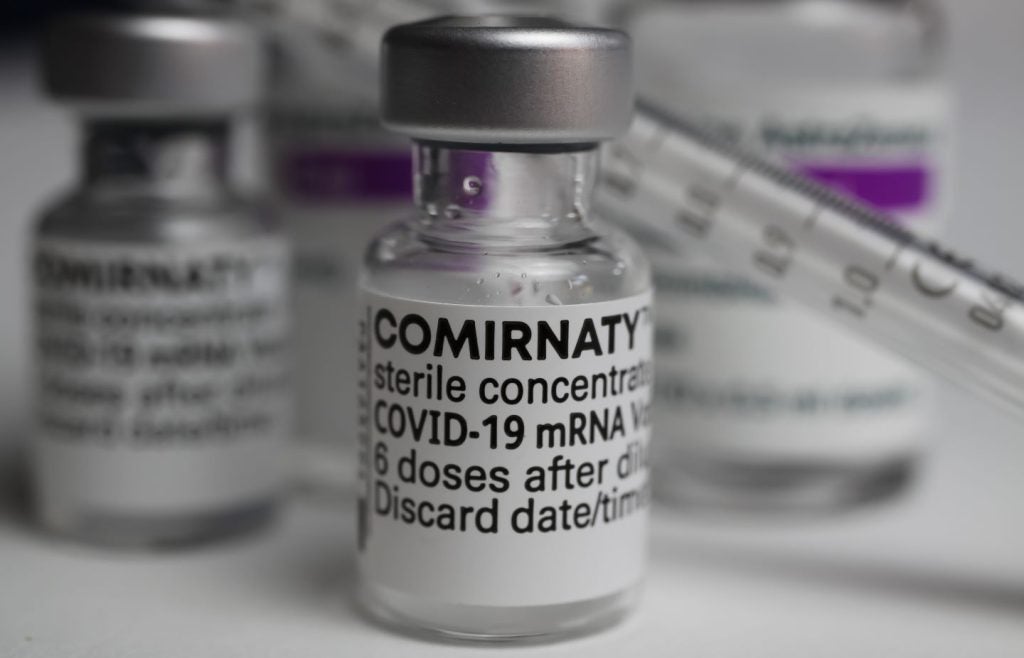DSG3-CAART is a gene-modified cell therapy commercialized by Cabaletta Bio, with a leading Phase II program in Pemphigus Vulgaris. According to Globaldata, it is involved in 1 clinical trial, which is ongoing. GlobalData uses proprietary data and analytics to provide a complete picture of DSG3-CAART’s valuation in its risk-adjusted NPV model (rNPV). Buy the model here.
The revenue for DSG3-CAART is expected to reach an annual total of $21 mn by 2038 in the US based off GlobalData’s Expiry Model. The drug’s revenue forecasts along with estimated costs are used to measure the value of an investment opportunity in that drug, otherwise known as net present value (NPV). Applying the drug’s phase transition success rate to remaining R&D costs and likelihood of approval (LoA) to sales related costs provides a risk-adjusted NPV model (rNPV). The rNPV model is a more conservative valuation measure that accounts for the risk of a drug in clinical development failing to progress.
DSG3-CAART Overview
DSG3-CAART is under development for the treatment of mucosal pemphigus vulgaris. The drug candidate is a chimeric autoantibody receptor (CAAR-artificial receptor) T cell which displays fragments of the autoantigen Dsg3 (Desmoglein-3), the same fragments to which PV-causing antibodies and their B cells typically bind. It is administered through intravenous route.
Cabaletta Bio Overview
Cabaletta Bio is a biopharmaceutical company that develops cellular therapies for the treatment of B cell-mediated autoimmune diseases. The company utilizes its platform that encompasses CARTA (chimeric antigen receptor T cells for autoimmunity) strategy and CAART (chimeric autoantibody receptor T cells) strategy. Its product pipeline includes CABA-201, a fully human CD19 chimeric antigen receptor to treat systemic lupus erythematosus, rheumatoid arthritis, myositis, and systemic sclerosis; and DSG3-CAART for the treatment of mucosal pemphigus vulgaris. Cabaletta is also investigating other programs including MuSK-CAART to treat myasthenia gravis; PLA2R-CAART against membranous nephropathy and DSG3/1-CAART for the treatment of mucocutaneous pemphigus vulgaris. The company works in collaboration with Yale, the University of California, Stanford Medicine, University of Pennsylvania among others. Cabaletta Bio is headquartered in Philadelphia, Pennsylvania, US.
The operating loss of the company was US$54.1 million in FY2022, compared to an operating loss of US$46.3 million in FY2021. The net loss of the company was US$53 million in FY2022, compared to a net loss of US$46.3 million in FY2021.
For a complete picture of DSG3-CAART’s valuation, buy the drug’s risk-adjusted NPV model (rNPV) here.
Data Insights
From

The gold standard of business intelligence.
Blending expert knowledge with cutting-edge technology, GlobalData’s unrivalled proprietary data will enable you to decode what’s happening in your market. You can make better informed decisions and gain a future-proof advantage over your competitors.







